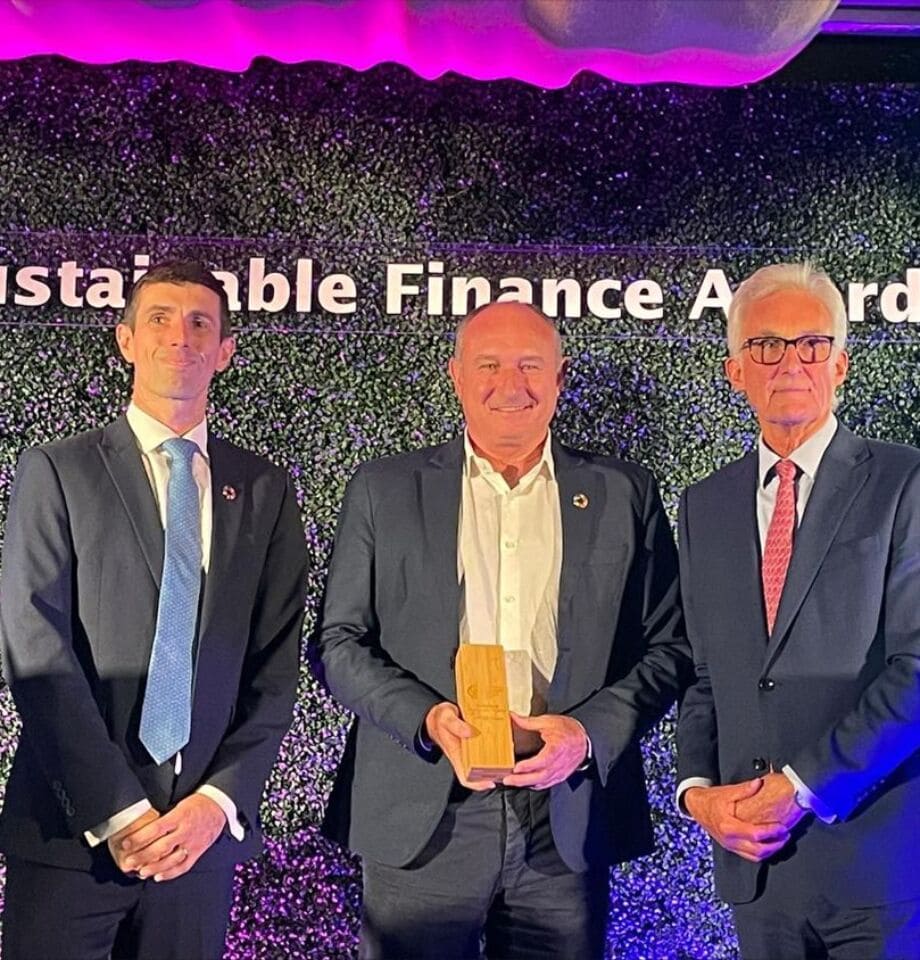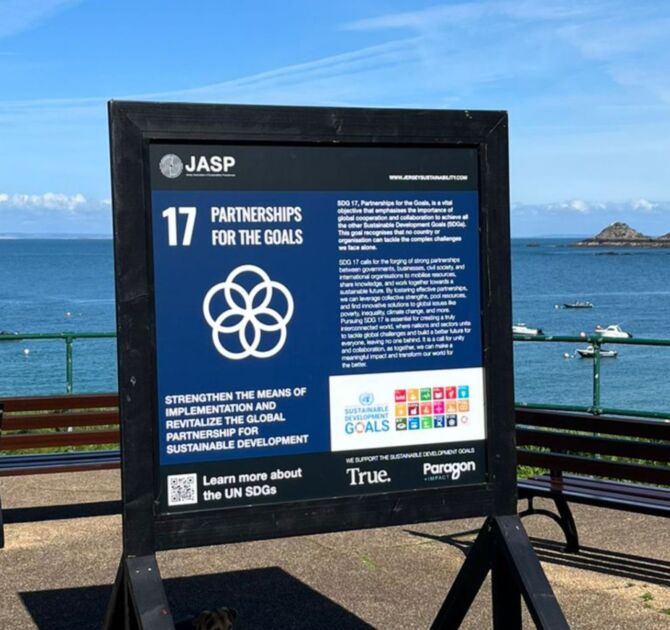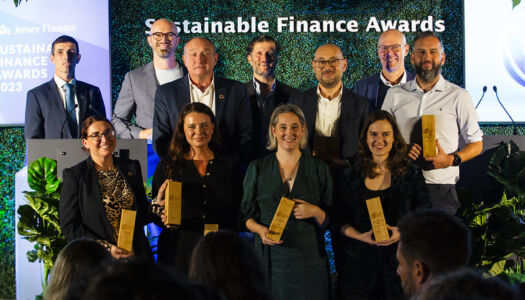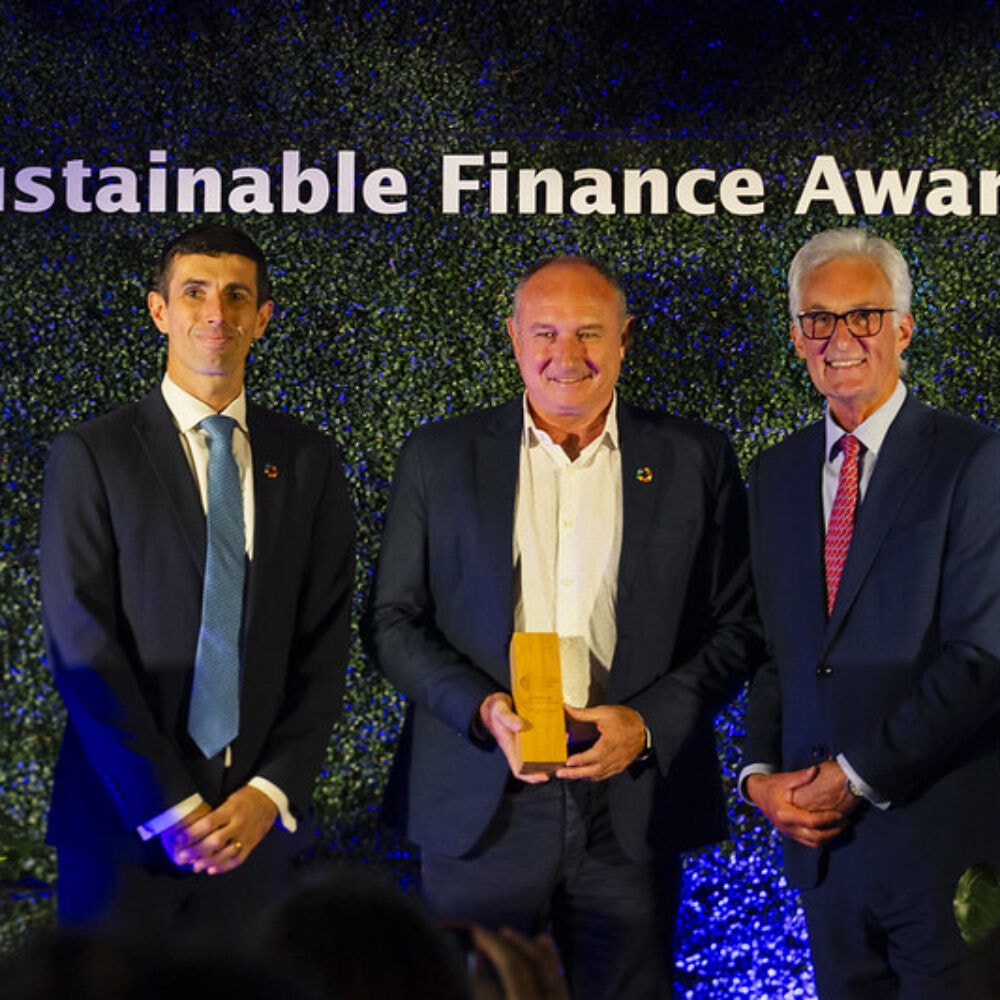

Every business, organisation, project, and asset exerts influence on its stakeholders and the environment, producing both positive and negative sustainable impacts. Yet, these impacts are frequently elusive, difficult to quantify, or unknown to the entity in question. Achieving the United Nations’ Sustainable Development Goals (SDGs) requires a systematic measurement of impact performance. Astonishingly, 82% of surveyed companies admit to lacking a method for gauging their sustainable impact. This statistic raises concerns for the global community, considering the 2030 Agenda’s ambition to achieve the SDGs is either off course or regressing.
Paragon +Impact offers an innovative sustainable impact measurement methodology, supported by a sophisticated technical platform. We have supported a local Jersey based bank through our methodology. The bank had a number of challenges:
- They were reticent to share their positive impact stories with stakeholders due to the risk of greenwashing accusations
- They were increasingly struggling to find a focus for their sustainability initiatives given the broad range of options available
- They wanted to know their actual sustainable impact from an independent third party
Paragon supported the client on overcoming these problems in two distinct phases:
1. Define an Impact North Star
The Paragon platform formulates a set of guidelines to assist users in identifying the SDGs most pertinent to their entity, employing a method formally recognised as “double materiality.” Paragon’s technology facilitates a consistent approach to defining the SDGs that wield the most significant impact.
This empowers entities to allocate resources where they can exert the most control and make the most significant impact.
This generated the sustainability focus that the bank had been struggling to define.
2. Impact Analysis and Grading
Housing an innovative framework, the technical platform empowers impact analysts to evaluate an entity’s data and evidence. They consider crucial questions such as ‘how much?’, ‘positive or negative?’, ‘how severe?’, and ‘how long?’, shaping the dimensions of the sustainable impact the entity generates. Following the assessment, the platform generates an impact score and a series of data visualisations, providing clients with unprecedented insights into where and how their entity is generating positive and negative sustainable impact.
The analysis provided an objective and non-judgemental appraisal of the bank’s sustainable impact performance. We were able to provide the bank with the confidence to authentically tell their impact stories with the knowledge they have been independently verified and would mitigate risks of greenwashing accusations.
We highlighted a number of considerations that the bank had not historically considered. For example, the importance of security data breaches as an integral sustainability factor for financial services companies. And the need to have a coherent stakeholder plan and sustainability policy to ensure sustainability efforts are not only focussed on employees.
The Paragon +Impact solution solves for a range of sustainability challenges financial service firms face. Most importantly it helps measure the actual sustainable impact our firms have on our environment and stakeholders. As responsible, well-governed businesses this is a factor we must embrace and proactively manage.

Go back to our online brochure to view the rest of our 2023 winners profiles.

Find out more about each of our winners from the 2023 awards, watch the highlights video and view photos from the event.

Check out the resources tab on our sustainable finance page to see what local firms are doing within the sustainable finance space.

